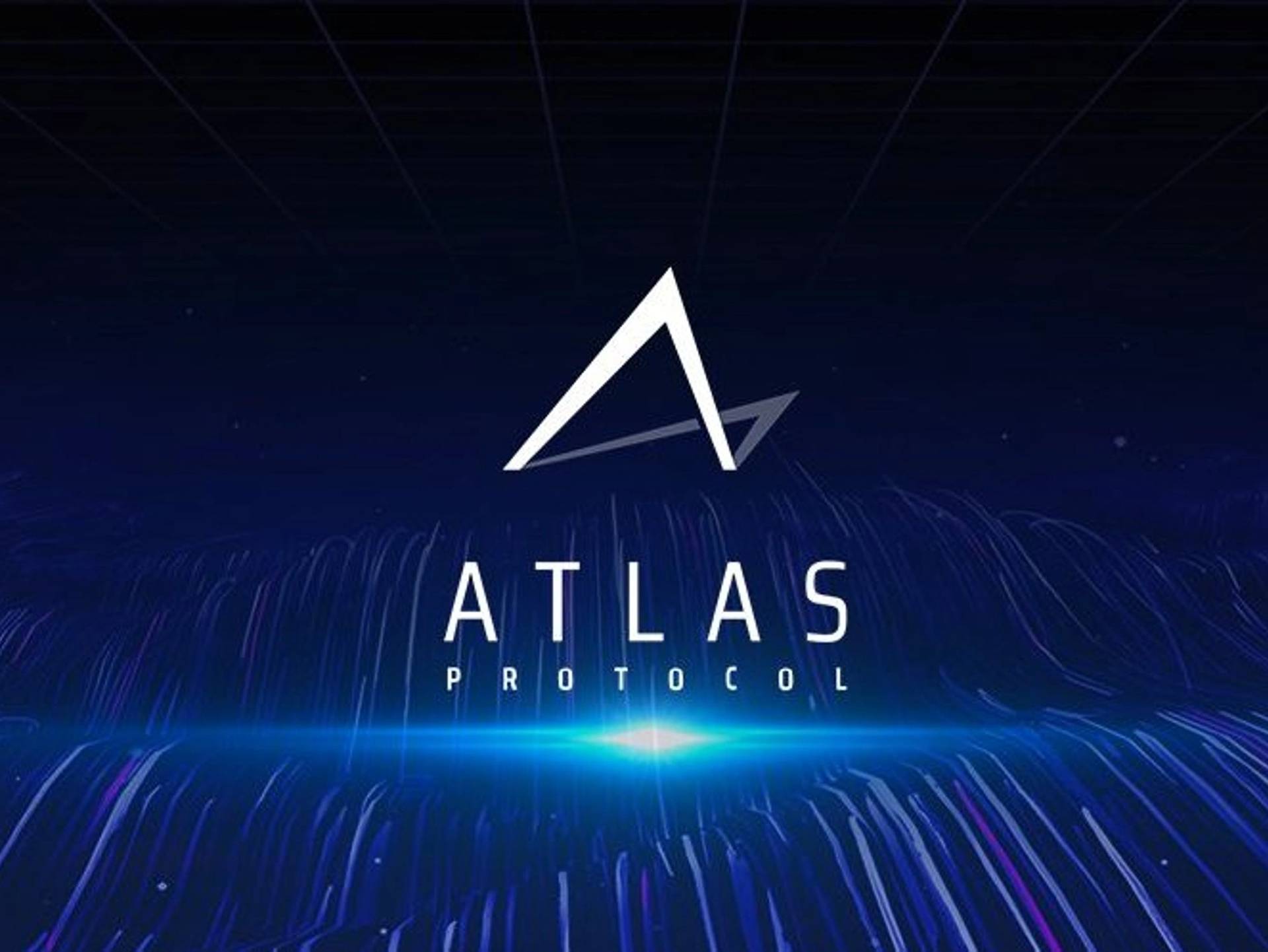위키 구독하기
Share wiki
Bookmark
Atlas Protocol
0%
Atlas Protocol
Atlas Protocol은 온체인 인터랙티브 광고 및 마케팅을 위한 인프라 구축을 목표로 하는 블록체인 애플리케이션 레이어 프로토콜입니다. 이는 네뷸러스 블록체인에서 운영되며 총 공급량은 40억 ATP입니다.[1][2]
2022년 9월 7일, Atlas는 Web3를 위한 최초의 맞춤형 실행 레이어인 Blockless와 전략적 파트너십을 체결하여 탈중앙화된 미래를 위한 더 나은 웹 서비스를 제공할 것이라고 발표했습니다.[13]
Atlas는 아시아, 북미, 유럽에서 운영되며 다른 지역으로 확장할 계획입니다. 이는 세계 최대의 응용 분야별 집적 회로(ASIC) 회사 중 하나입니다.
개요
싱가포르에 본사를 둔 Atlas는 Web3의 진화를 주도하는 글로벌 블록체인 서비스형 인프라 그룹입니다. 이 회사는 분산형 고성능 컴퓨팅, 노드 인프라, 네트워킹, 하드웨어, API 지원 및 Web3 생태계를 위한 스토리지를 포함한 광범위한 부가가치 서비스를 제공합니다.[3][14]
네뷸러스 랩스 (Nebulabs)와 xGoogler 블록체인 얼라이언스(xGBA)는 함께 Atlas Protocol(ATP)을 개발하여 블록체인 로컬 인터랙티브 마케팅 인프라를 구축함으로써 체인상의 정보 흐름을 자유롭게 하고 온체인 상호 작용의 새로운 방법을 발견합니다.[6][15]
기술
Atlas Protocol은 광고를 통해 가치 순위 및 순환을 위한 블록체인 네이티브 미디어를 사용합니다. ATP의 작업은 광고주, 게시자(예: DApp) 및 블록체인 사용자를 Atlas Ads를 통해 온체인 상호 작용과 연결하는 것입니다.
Atlas Protocol 구성 요소는 다음과 같습니다.
- 거래 인터랙티브 요소(TIE): 블록체인 거래 위에 구축된 인터랙티브 요소. 단순한 거래 외에 다른 당사자와 상호 작용하는 사용자를 위한 것입니다.[10]
- Atlas Targeting Rank(ATR): 온체인 활동을 기반으로 한 가치 순위 메커니즘. 블록체인의 광고 정보를 탐색하고 이 정보가 필요한 사용자에게 도달하도록 보장합니다.[11]
- 사용자 데이터 보호 및 인센티브(UDI): 사용자 개인 정보를 남용으로부터 보호하고 사용자가 온체인 상호 작용에 참여한 것에 대한 보상을 통해 가치 순환에 포함시키는 메커니즘입니다.[12][16]
제품
Atlas는 사용자에게 원스톱 블록체인 엔터프라이즈 솔루션을 제공하여 암호화폐 토큰을 사용하여 가치를 순환시킵니다.
온체인 인터랙티브 광고 SDK
Atlas는 지능형 기술로 구동되는 온체인 인터랙티브 광고 SDK를 제공하여 온체인 광고에 대한 더 많은 가능성을 제공하고 사용자에게 더 나은 온체인 상호 작용 경험을 제공합니다.
온체인 캠페인 관리 플랫폼
다양한 온체인 인터랙티브 캠페인을 만들고 광고 캠페인을 빠르게 실행하고 성과를 측정합니다.
온체인 데이터 분석 플랫폼
Atlas Protocol은 통계 및 분석을 처리하고 청중 행동을 분석하여 온체인 광고 캠페인의 ROI를 개선하기 위한 온체인 데이터 분석 플랫폼을 제공합니다.[17]
파트너십
Star Atlas는 몰입형 경험의 의미를 혁신하기 위해 동급 최고의 전 세계 파트너와 협력하고 있습니다.
- Sino Global Partners
- Republic Crypto
- Animoca
- LD Capital
- Yield Guild
- Mechanism Capital
- Spark Digital Capital
- Blockless
- Huobi
- Celer Network[18]
팀
Duran Liu, 공동 창립자, 성장 - 이전에는 Nebulas Labs의 책임자였으며 Google HQ의 선임 소프트웨어 엔지니어로 Google Play 및 Cloud Firebase에서 여러 머신 러닝 애플리케이션 프로젝트를 이끌었습니다.
그는 FreeWheel의 이전 선임 소프트웨어 엔지니어로, 최초의 모바일 비디오 광고 제품을 시작했습니다. 그는 또한 IBM China Research Laboratory의 이전 소프트웨어 엔지니어였습니다. 그는 화중 과학 기술 대학교에서 석사 학위를 받았습니다.[7]
Cheng Li, 공동 창립자, 엔지니어링 - 그는 Google NYC의 이전 선임 소프트웨어 엔지니어로 Google Play에서 음성 인식/바이어싱, 어시스턴트 쿼리 이해 및 지식 그래프를 담당했습니다.[8][9]
그는 FreeWheel NYC의 이전 엔지니어링 디렉터로 인터넷 광고 시스템 구축 및 베이징과 뉴욕 모두에서 엔지니어링 팀 운영에 7년 이상의 경험을 가지고 있습니다. 그는 베이징 대학교에서 컴퓨터 과학 석사 학위를 받았으며 정보 보안을 전공했습니다.[19]
잘못된 내용이 있나요?
